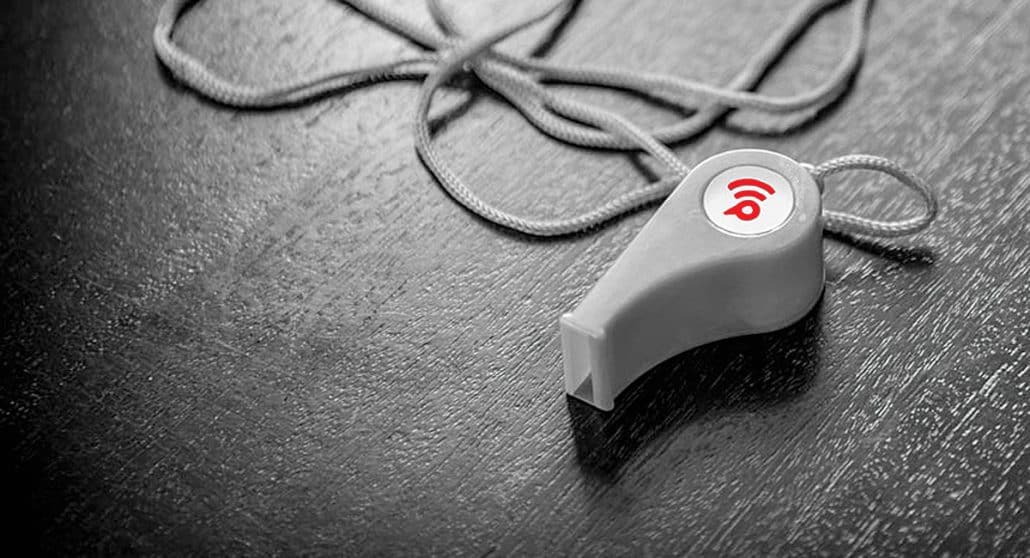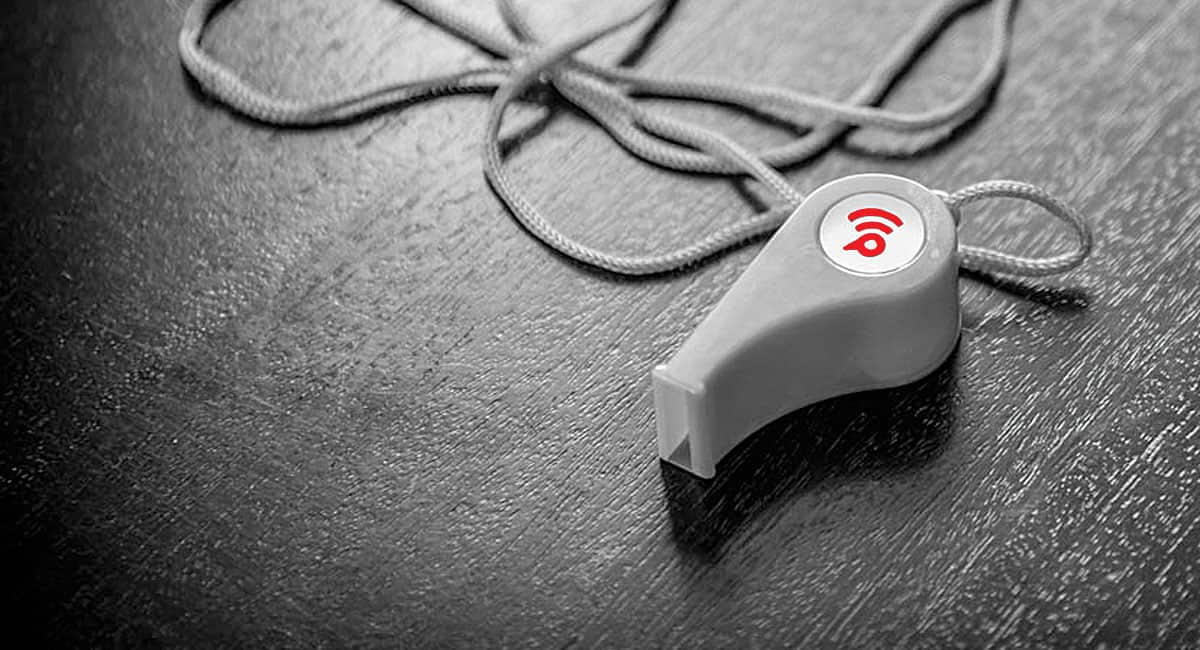The Protected Disclosures Act (PDA) is a prominent law aimed at the protection of whistle-blowers. For employees to be comfortable with blowing the whistle, though, there must be an encouraging and supportive environment in the workplace, as well as an established culture of whistle-blowing. Although the PDA and other legislation such as the Prevention and Combating of Corrupt Activities Act provide protection for whistle-blowers, they may still be afraid to take that step.
Now, the Open Democracy Advice Centre (Odac) has published an updated guide for employers and employees, on how to make a protected disclosure, how to ensure the safety of the whistle-blower, how to deal with victimisation, and more.
The Odac guide takes into account the recent amendments to the PDA. Odac, as well as Corruption Watch and other organisations, have recently made submissions before Parliament on the amendments to the PDA. However, these amendments have not been promoted, says Odac, or contextualised.
The organisation has therefore amended its Code of Good Practice to guide those in the private and public sector on how to best implement the PDA to protect whistle-blowers in this context.
Download the updated Code of Good Practice
Amendments to the PDA
Highlights of the Protected Disclosures Amendment Act include:
- Extending protection to non-permanent employees and workers,
- Providing civil and criminal protection,
- Increasing legal obligations on employers to keep whistleblowers informed, and
- Extending the bodies to which people can make protected disclosures.


